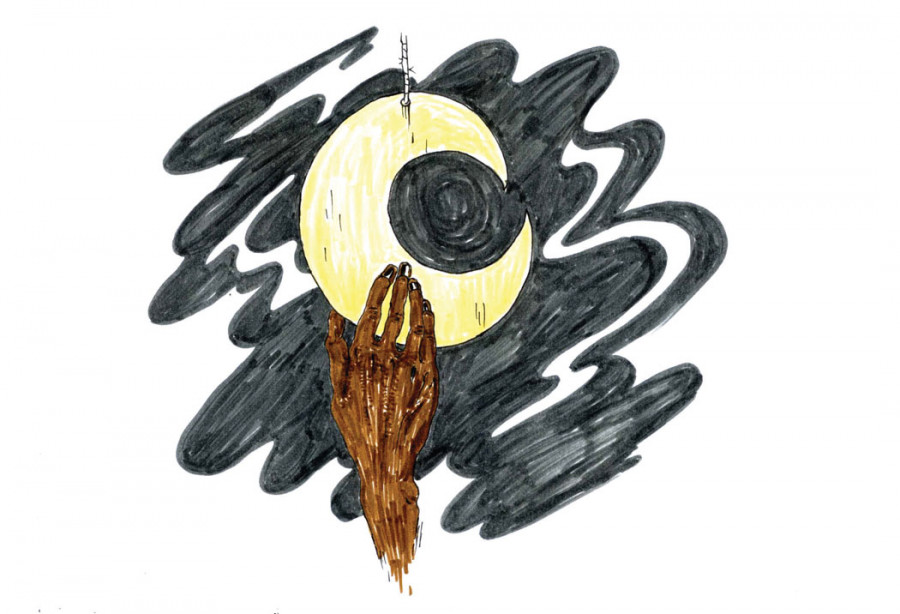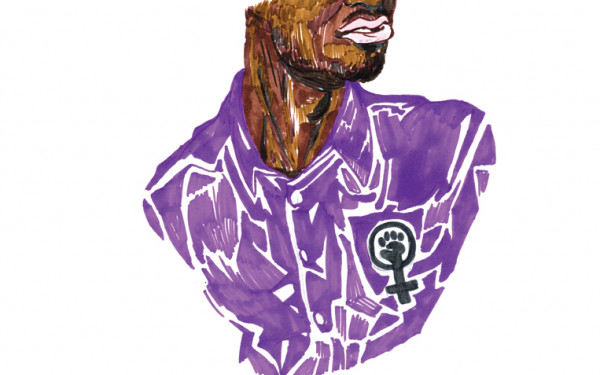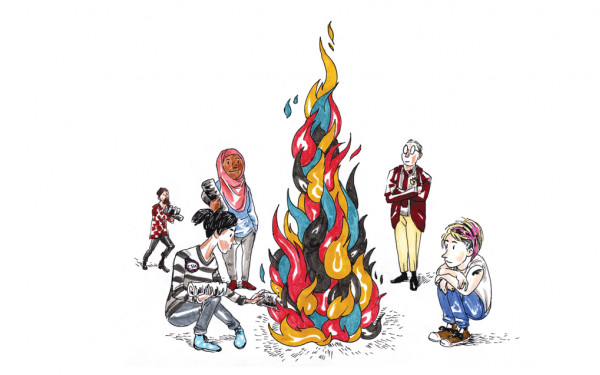Illuminating the Shadows
Do-Nothing Rhetoric on Sexual Assault Helps No One—But Take Back the Night Does
On an October night in 1975, Philadelphia microbiologist Susan Alexander Speeth was stabbed by a stranger only a block from her home.
Speeth’s death is widely considered to be the spark for the annual international march Take Back the Night, in which citizens gather to speak out against gendered violence in the hope of soon bringing an end to rampant sexual assault and abuse, particularly as it is experienced by women.
The first documented Take Back the Night march may have happened nearly 40 years ago, but as the recent string of assaults on the University of British Columbia campus indicate, the need for a march such as Take Back the Night is clearer than ever before. What is troubling, however, is the damaging rhetoric that surrounds the march.
In a recent article for the Vancouver Sun titled “It’s a Hard and Sad Truth, but You Can’t Take Back the Night,” columnist Shelley Fralic claimed exactly that, writing that the dark hours belong to the “diabolical and demonic”—and always will.
Fralic, despite acknowledging that there is such a thing as rape culture, goes on to repeat the tired—and downright offensive—rhetoric that women ought to remain indoors after dark because outside lies the boogeyman, the faceless rapist lurking in the bushes.
All the while, she refuses to acknowledge that in a majority of cases, the perpetrator of sexual assault is known to the victim.
According to the 2004 General Social Survey, the victim knows the perpetrator in 82 per cent of sexual assaults. So really, continuing to repeat that women ought to remain indoors because going outside means risking life and limb is not the clear-cut solution it seems to be, and it only reinforces damaging ideas of how to avoid being assaulted.
Last week, following a two-year campaign headed by the Centre for Gender Advocacy, Concordia opened the doors of the Sexual Assault Resource Centre. Given that roughly 25 per cent of students experience some form of sexual assault during their time in a post-secondary institution, it is high time that such a place exists at Concordia.
The SARC opened just over a week after the Montreal Gazette reported that three McGill students facing charges for sexual assault with a weapon and the forcible confinement of a former Concordia student in September 2011 did not face disciplinary action by the school, and had continued to play on McGill’s football team through the 2013 season.
The victim has since transferred schools and moved to another province.
While the three individuals quit the football team last week after news of the alleged assault became public, it doesn’t undo the fact that that McGill denied knowing about the case until earlier this
year—despite the assertion by the Gazette that the newspaper contacted the university soon after the assault occurred in September 2011.
It also doesn’t undo the fact that the university declined to take any sort of action against students being investigated for sexual assault. It is precisely this lack of action that shows that Canadian campuses are still not safe, and reinforces the need for events like Take Back the Night.
Take Back the Night is necessary because every 17 minutes a woman is raped in Canada, according to the Justice Institute of British Columbia. It’s necessary because for some reason there are still people who don’t see the problem with claiming someone “had it coming” if they are assaulted. It’s necessary because in 2009, only 12 per cent of sexual assaults were reported to police.
It’s necessary because even as more and more attention is paid to gendered violence there are still individuals who commit these horrific acts of brutality against others, and for too long have they been conditioned that it is acceptable to do so.
Take Back the Night serves as a way to break the silence on the violence that is experienced every day by innocent people, and to speak up about the memories that survivors are forced to deal with years after first experiencing these acts. Claiming that the situation is too bad to even bother trying to improve simply isn’t acceptable.
The fact of the matter is that rape culture, try as some might to deny it, does in fact exist, and falling back on the idea that it’s the victim’s fault if they are assaulted because of the shortness of their skirt or the height of their high heels does a disservice to all.
Yes, people need to be aware of their surroundings when they walk home and yes, there are steps that can be taken to reduce risk, but claiming those steps include staying in at night and not having that glass of wine is ridiculous and misguided.
Everyone has a role to play in reducing the presence of sexual assault in society, and this continued attempt to blame the victim and insinuate that they were somehow in the wrong represents a huge miscalculation as to what actually causes sexual assaults in the first place.
The only way that change will come is if something is done, and advocating that women stay inside and not venture out after dark isn’t doing anything—it’s simply a way to avoid addressing existing problems.
Montreal will hold its annual Take Back the Night march on Nov. 22. While it’s frustrating that there is still a pressing need for an event such as this one, there is no shortage of reasons to attend. The defeatist attitude that it is impossible to take back the night is nothing more than a tired, poor excuse for not taking action.



5_2_600_375_90_s_c1.jpg)

_600_375_90_s_c1.jpg)
